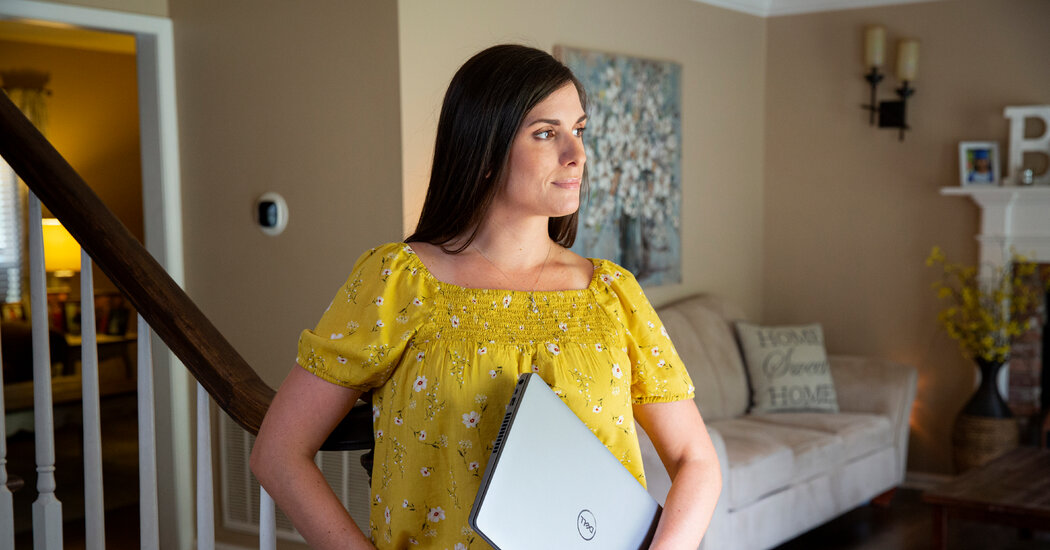
Finally, on Tuesday, an email arrived saying she had receive a 100 percent discharge.
“I cried,” said Ms. King, who hopes she can now afford computer classes at her local community college.
The department appeared to have notified thousands of people about their loan relief on Tuesday, Mr. Gokey said. But confusion remains: Multiple people received notifications with inaccurate information. One borrower who attended ITT, for example, got a letter saying his loans for studying at the Marinello School of Beauty would be eliminated.
The push for widespread debt cancellation has overshadowed calls to mend these and other glaring administrative problems that urgently need to be addressed, advocates say — ideally before January, when borrowers will start getting bills again.
“The next few weeks and months will be incredibly consequential,” Mr. Frotman said.
He and others said the Biden administration should prioritize longstanding struggles with the Public Service Loan Forgiveness program, which is supposed to eliminate the debts of people who work in government or nonprofit jobs for a decade while making payments on their loans. Millions of people could be eligible — the Consumer Financial Protection Bureau estimates that one in four American workers is in a qualifying job — but a variety of problems have left the program with a 98 percent denial rate.
And a new debacle is looming: FedLoan, the servicer in charge of guiding borrowers through it, recently said it would end its contract with the Education Department. Its nine million clients will need to be moved to other servicers, a process that has in the past been riddled with mistakes.
Ms. Leon, the Education Department spokeswoman, said the agency planned to take up broad rule-making negotiations “in the coming months” that would address regulatory issues for the public-service program and others, but she did not offer any specifics.
Advocates hope the Biden administration will help borrowers like Niki Woodard, who earned a master’s degree in communications from Georgetown University and has been working in nonprofit jobs — often low-paying ones — for well over a decade. Ms. Woodard faithfully made her payments for 10 years, then applied for relief on her remaining loan balance, which is now nearly $60,000.







